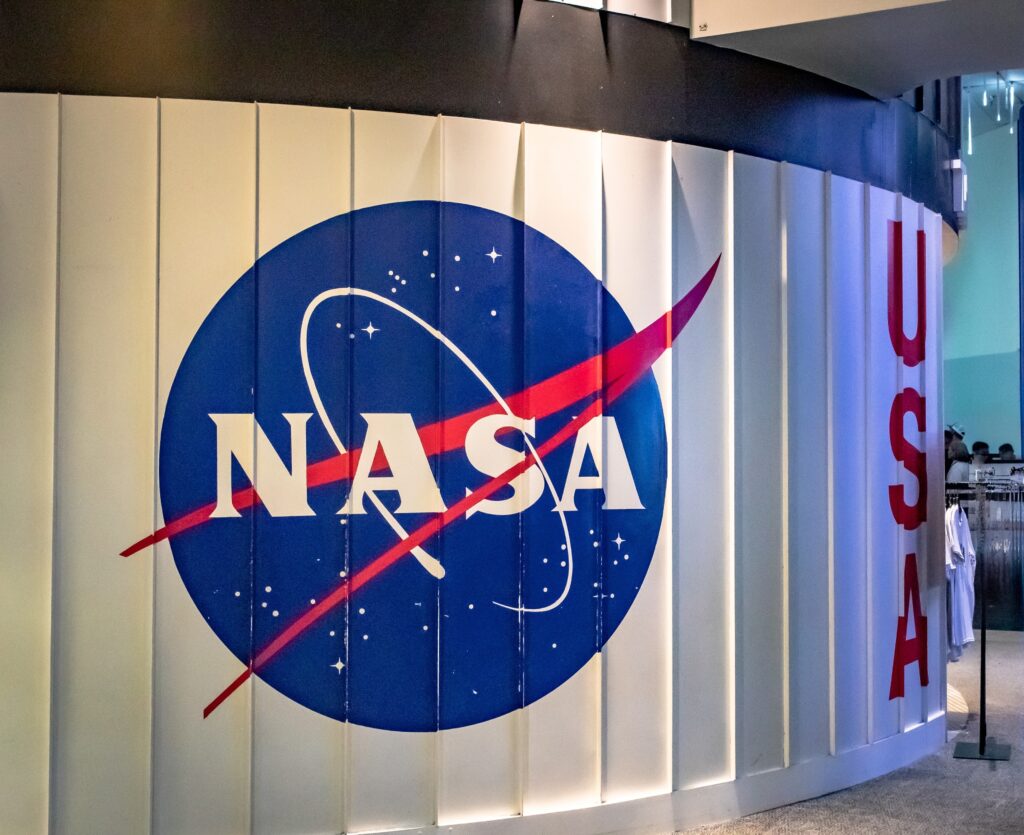The US space agency NASA has postponed its plans to return astronauts to the Moon.
NASA’s chief, Bill Nelson, announced the next Artemis mission will launch in April 2026. The mission was initially set for September 2025 but was already delayed from November this year. Now, this means a lunar landing won’t happen until at least 2027—one year later than expected.
Addressing Heat Shield Problems
The latest delay is due to a heat shield issue on the capsule. The shield returned from testing excessively charred, with cracks and fragments breaking off.
Nelson emphasized that “the safety of our astronauts is our North Star.” He added, “We do not fly until we are ready. We must conduct the next test flight properly.”
NASA engineers identified the problem’s root cause. They believe it can be resolved by altering the capsule’s re-entry trajectory. However, the agency needs time for a comprehensive assessment.
Facing Competition from China
NASA competes with China’s space program, which also aims to send astronauts to the Moon. Nelson remains confident the Artemis program will land on the lunar surface first.
He urged NASA’s commercial and international partners to “double down to meet and improve this schedule.” Nelson set the target of launching Artemis 3 by mid-2027. China has publicly stated its plans for 2030.
This added delay will heighten pressure on NASA, whose Space Launch System (SLS) has faced criticism for being slow and costly.
Elon Musk’s SpaceX offers a contrast. Musk’s Starship rocket is cheaper, reusable, and advancing rapidly in development.
Meanwhile, President-elect Donald Trump nominated Jared Isaacman as a potential successor to Bill Nelson. Isaacman, a billionaire and close collaborator with Musk, could bring a fresh approach to NASA’s operations.
Dr. Simeon Barber of the Open University believes this nomination could shake up NASA. “SLS is old-school, expensive, and slow. Isaacman’s approach could modernize how NASA operates, but it remains uncertain how this new leadership will impact the program.”
